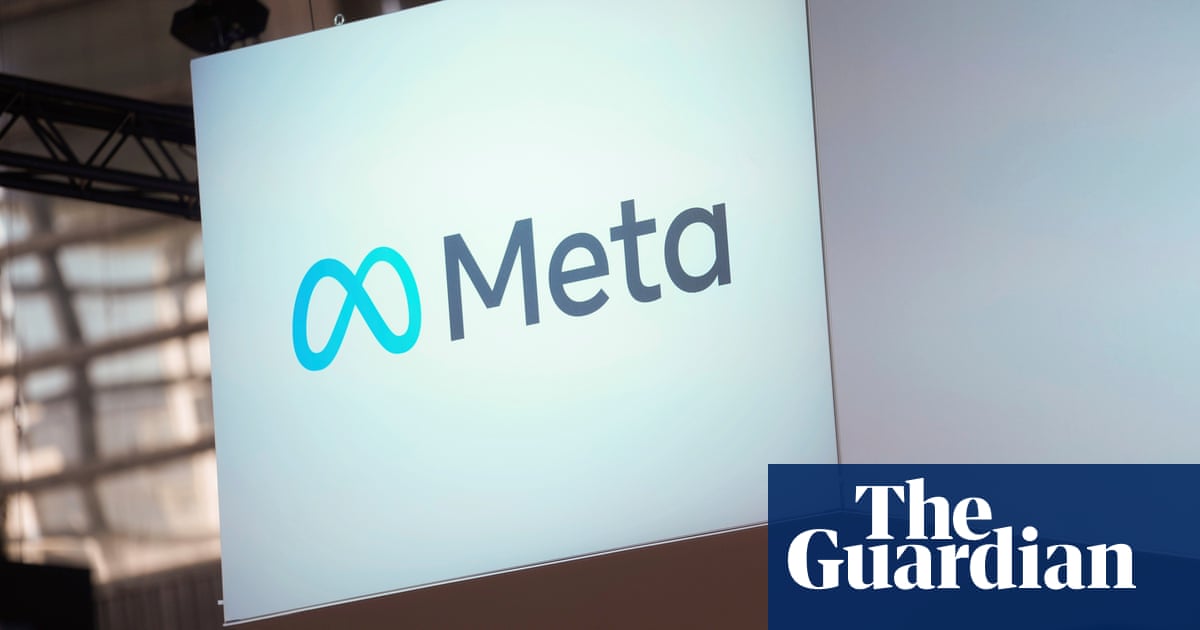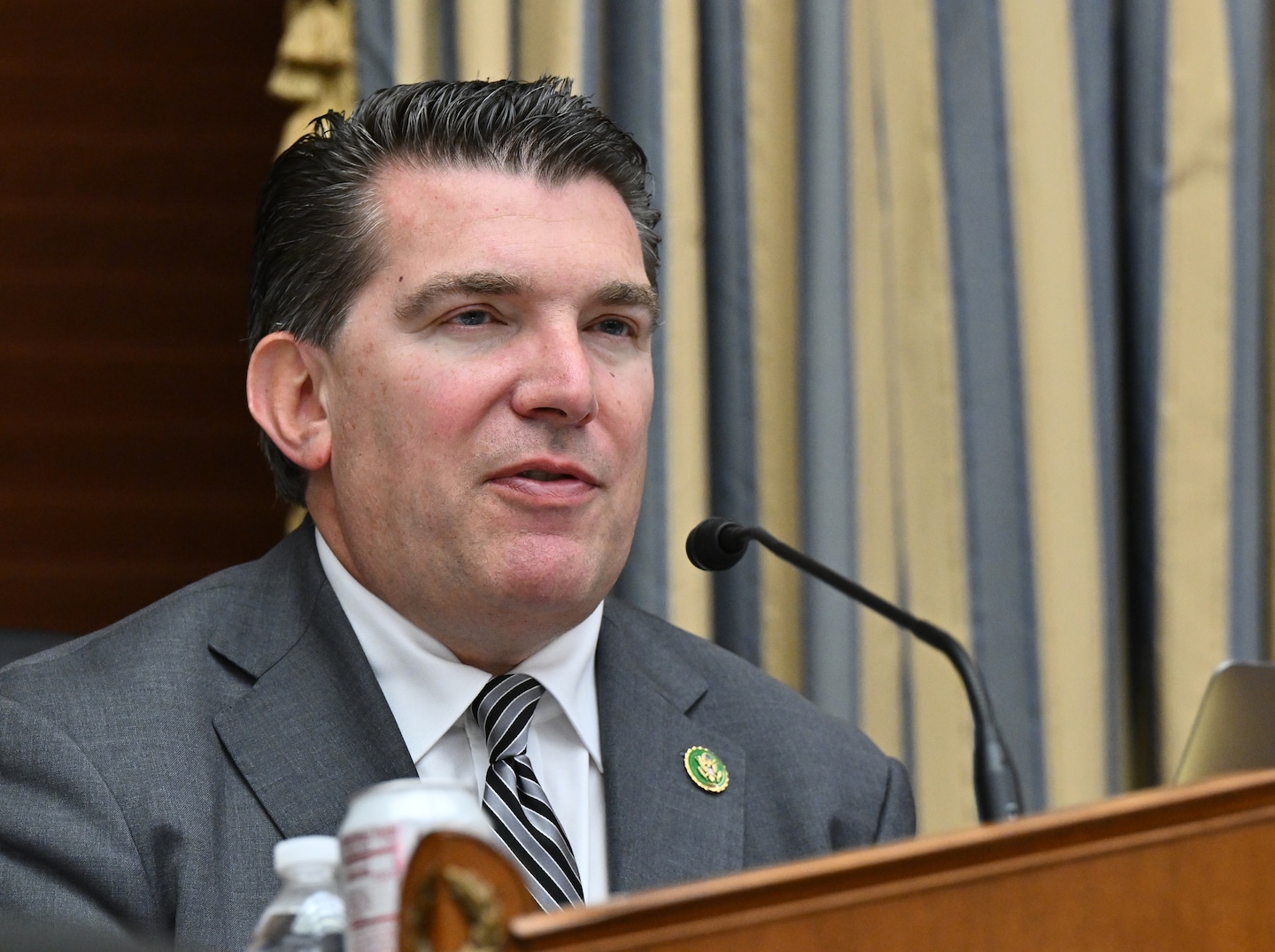Australian media organizations could potentially demand compensation from Meta for utilizing online news sources in training generative AI technology, according to researchers.
Meta’s recent decision not to forge new agreements to remunerate news in Australia for utilization on Facebook raised concerns about the significance of news content to its platform, with only 3% of Facebook activity in Australia reportedly linked to news.
Calls have emerged to categorize Meta under the news media bargaining code, compelling the company to engage in negotiations with news media providers and remunerate them for news content featured on its platforms, under the threat of facing penalties amounting to 10% of its yearly Australian revenue.
Simultaneously, technology firms, including Meta, have been refining their generative AI models using vast quantities of online data. In Meta’s documentation for its Llama 2 model, the company acknowledged leveraging “publicly available online sources.”
When questioned about whether these sources encompassed online news, a Meta representative opted not to respond. It is understood that Meta has drawn upon online sources under the provisions of fair use exemptions within US copyright law.
In a similar vein, The New York Times initiated legal action against OpenAI, a prominent AI entity, in December, alleging unauthorized utilization of millions of its articles to train chatbots, which subsequently disseminated information to users. OpenAI recently moved to dismiss certain aspects of the case, contending that the newspaper had “hacked” ChatGPT and other AI systems to fabricate misleading evidence.
Professors Monica Attard and Michael Davis from the University of Technology’s Centre for Media Transition drew parallels between the rationale behind the news media bargaining code in 2021 and the challenges media face in adapting to the surge of AI technologies. They posited that the code could serve as a framework to facilitate compensatory arrangements for utilizing news content in AI model training.
They highlighted the significance of news archives as a dependable and data-rich resource for AI training, emphasizing the importance of training AI models on high-quality data sources to mitigate risks to the information ecosystem.
Reset Australia, a technology research body, suggested the need for a distinct framework to address AI-related concerns rather than repurposing the existing code.
Anna Draffin, CEO of the Public Interest Journalism Initiative, underscored the profound impact of AI on various sectors, including public interest journalism, and expressed ongoing deliberations on how this sector could adapt to the rapid advancements in AI technology.
The discussion around compensating news publishers also intersects with ongoing considerations within copyright law, as evidenced by the establishment of a copyright and AI references group by Attorney General Mark Dreyfus in December.
Notably, divergent opinions emerged during an industry roundtable regarding copyright policies for text and data mining for AI, with some advocating for exceptions while others favored licensing content and compensating rights holders.
The group formed to address these issues is yet to be convened or named.










